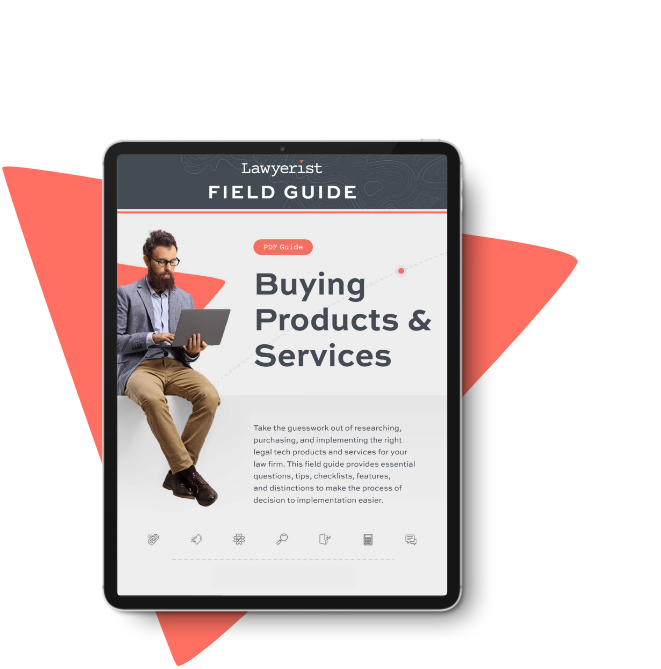Home » Products & Services for Small Law Firms » Law Practice Management Software » PCLaw Review: Law Practice Management Software
PCLaw Review: Law Practice Management Software

Lawyerist Rating for PC Law
i
Rating Breakdown
Our Rating: 2.5/5
Our rating is based on our subjective judgment. Use our resources—including our rating and community ratings and reviews—to find the best fit for your firm.
2.5/5
Overview
Featured Rating
What is PCLaw?
PCLaw is LexisNexis’s turn at Law Practice Management Software (LPMS). It allows lawyers to track matters, cases, time, and billing all in one place, with a focus on making sure they get paid for the time they expend for a client. PCLaw is legacy software, and this review finds that it is behind most cloud-based law practice management software in accessibility, and, increasingly, in necessary features.
Starting Cost: $39/user/month
Pros
- On-premises Option
- Business Reports
- User Controls
Cons
- Complex
- Complex Initial Set-up
- No Client Portal
Overview
Featured Ratings
PCLaw Review: Law Practice Management Software Features
Customer Experience & Support
/5
Price & Value
/5
Security
/5
Innovation & Future-Proofing
/5
Overview
Featured Rating
More




Leave a Review
You must login or register to post a review.